Green Tea
Article by Stefan Burns - Updated April 2022. Join the Wild Free Organic email newsletter!
| Name: | Green Tea, Linnaean - Camellia sinensis |
| Color: | Green leaves, white flowers |
| Constituents: | Chlorophyll, caffeine, L-theanine, catechins (EGCG), flavanols, other phytochemicals |
| Effect: | Cognitive aid, boosts metabolism and fat oxidation, increases 8-12 Hz alpha brainwaves, antioxidant, anti-inflammatory, heals tissues of the digestive system |
| Preparation: | Tea leaves can be prepared in many ways, left dried green or oxidized to create black tea which has a higher caffeine content. Green tea can be powdered for use in supplements and is often extracted to increase the concentration of EGCG, a potent antioxidant |
| Dosing: | 1-5 grams steeped for tea, 250-1000mg EGCG |
| General Notes: | The combination of caffeine, amino acid L-theanine, and green tea catechins make green tea a cognitive aid that increases focus. A few cups a day will increase the bodies metabolic rate. Purported longevity enhancer. Green tea can help heal the lining of the digestive system, but in large quantities or if the tea is brewed incorrectly can cause digestive nausea. One cup of green tea contains about 30mg caffeine, about 1/3 that of a cup of coffee. Green tea has been used for thousands of years throughout Asia and now worldwide. |
What is Green Tea?
Green tea is an ancient beverage that has been brewed for thousands of years. Empires have been created and collapsed around the trade of tea, and for good reason. The leaves of the tea tree when steeped in hot water release an incredible combination of chemicals and nutrients. Specifically green tea contains caffeine, L-theanine, polyphenol catechins like EGCG, among 200 other bioactive compounds. After a cup or two, the entourage effect of all of this are happy taste buds, improved cognitive performance, increased fat oxidation, and rejuvenative effects felt across the body.
A cup of green tea in the morning helps normalize the circadian rhythm, cultivating a productive state of high energy. The unique synergy of caffeine and L-theanine, both found naturally in green tea, is powerful and further supported by the presence of green tea polyphenols known as catechins.
Moc Chau Tea Hills
Is Green Tea Caffeinated?
The leaves of the green tea plant naturally contain caffeine. On a per gram basis green tea leaves contain more caffeine than coffee beans, but the amount of leaves and the way green tea is steeped means a cup of green tea contains less caffeine than an equivalent cup of coffee.
A typical cup of steeped green tea contains 35 mg of caffeine and ~20mg L-theanine.
A cup of match green tea (which is made from powdered green tea leaves) contains ~65 mg of caffeine and ~35 mg L-theanine.
Green Tea vs Black Tea
Green tea is produced from mature green tea leaves which are typically withered, steamed, and then dried for usage. Black tea differs from green tea in how it is produced. Black tea is made from mature green tea leaves that are typically withered, rolled, fermented, fired, and then dried. This process oxidizes the tea leaves turning them a dark brown to black which increases the caffeine content while reducing the L-theanine concentration to near zero.
A typical cup of black tea contains ~60 mg of caffeine and 0-5 mg of L-theanine.
Green Tea Health Benefits
Green tea is a beverage that’s been enjoyed for over 5000 years and possibly longer. Its use is first recorded in ancient China but quickly spread across Asia and later around the world. Green tea leaves are a powerful herbal that have many beneficial health effects on the body due to their unique chemical constituents. The most active of these components are:
Caffeine | Functions: Increases focus, reduces fatigue, improves mental performance, improves fat oxidation and power output
L-theanine (amino acid) | Functions: Activates parasympathetic activity, stabilizes heart rhythms, increases 8-12 Hz alpha brain wave activity, reduces anxiety, reduces stress
Polyphenols (green tea catechins such as EGCG) | Functions: Powerful antioxidants, anti-inflammatory, improves cardiac health, anti-microbial
Together these chemical constituents and others broadly influence the function of the digestive, immune, cardiovascular, metabolic, and cognitive systems providing the following benefits:
Green Tea has Cancer Fighting Properties
Prevents the growth of tumors
Decreases oxidative DNA damage
Reduces the size of cancer already formed.
Green Tea Improves Cardiovascular Health and Increases Metabolism
Reduces systolic and diastolic blood pressure
Improves cholesterol levels by lowering LDL cholesterol and increasing HDL cholesterol
Non-obese people who drink 1-2 cups of green tea everyday lower the risk of developing diabetes by >80%
Equalizes blood glucose levels and increases fat oxidation
Green Tea Improves Gut Health
Green tea polyphenols are anti-microbial and shift the microbiome towards increased symbiotic function
Antioxidant and anti-inflammatory properties help reduce gut inflammation and aid in gut tissue repair
The increasing fat oxidation and reduction in appetite from green tea makes fasting easier
Polyphenols repair gastrointestinal tight-junctions
Green Tea Improves Skin Health
By improving gut health green tea improves skin health
Topical extracts demonstrate rejuvenating anti-aging effects
Reduces inflammation of skin where green tea extracts like EGCG are applied topically
Note: Green tea has quite a few human studies, observational or otherwise, but much of the research has been done using animal models or with cell cultures. Not all of the health benefits have been directly confirmed for humans.
Green Tea Increases Alpha Brainwaves
What makes green tea so excellent as a natural stimulant is its unique blend of caffeine and L-theanine. L-theanine is an amino acid found mainly in tea leaves, and it has a special ability to increase alpha 8-12 Hz waves in the brain. If you are calm and relaxed, or especially if in a strong flow state, then you are generating alpha waves. You’ll be very productive and clear of mind when synchronous alpha brainwave activity is happening across the brain. A cup of green tea in the morning can increase brainwave power in the 8-12 Hz alpha band, decreasing sleepiness and drowsiness which are common attributes of slower 0-4 Hz delta and 4-8 Hz theta brainwaves. Alpha rhythms promote alert parasympathetic activity throughout the body, and can also normalize non-synchronous higher frequency 12-30 Hz beta brainwave activity to lower frequency but higher total power synchronous rhythms in the alpha band. Alpha brainwaves during the day improve cognitive performance and set the stage for a more restful sleep at night.
Green Tea for Burning Fat
The blend of caffeine, L-theanine, and polyphenols has been shown to increase fat oxidation while reducing appetite, but the effect is minimal in comparison to other factors that influence fat metabolism. That said, in adjunct with a healthy diet and adequate exercise, green tea will will help the weight loss process, especially when consumed consistently over time.
The best way to use green tea for burning fat is as a fasting aid. By not eating for a specified period of time during a fast, the body is eventually forced to burn bodyfat in order to keep normal metabolic processes going. A 16 hour intermittent fast increases fat metabolism noticeably, especially if done for many weeks or months, whereas a 24-48 hour or long fast will dramatically increase fat metabolism. Because green tea reduces appetite, slightly boosts fat metabolism, and increases focus, drinking green tea during a fast makes it noticeably easier to accomplish successfully, and in this way green tea can be a powerful fat burning aid.
Green tea can helps shift the gears towards greater fat oxidation and away from sugar dependent metabolism, for overweight and healthy individuals alike. With body fat oxidation increased, appetite is decreased as the body is coursing with available energy and therefore satiated. Without other lifestyle changes green tea won’t cause anyone to lose significant amounts of weight, but as part of a larger holistic wellness strategy that optimizes diet, exercise, and sleep, green tea can be useful and has a place.
Green Tea Heals the Digestive System
If suffering from serious gut health conditions such as leaky gut, IBS, IBD, celiac, Crohn’s disease, food allergies and intolerances, and other gastrointestinal afflictions, regular green tea consumption can provide symptom relief while also assisting the natural healing process that is working in the background. Poor gut health is closely linked with mental health such as depression or anxiety and it’s not surprising that in addition to its beneficial effects on the gut that consumption of green tea can reduce anxiety and stress.
As partially discussed earlier, the gut healing potential is best amplified during a fast. To best assist the natural gut healing process using green tea, practice 16 hour intermittent or 24 hour one-meal-a-day fasting and during the period of fasting drink 1-3 cups of green tea. Here more cups are better, though timing is also important. Green tea will be most potent when consumed by itself and fairly distanced from other meals. For this reason a cup in the morning works well as the body has been without food for 8+ hours since dinner was eaten. Drink green tea throughout the day around meals can also reduce the inflammatory burden on the gut from each meal.
Green Tea Diversifies the Microbiome
One of the biggest drivers of gut health is how diverse the microbiome is. Food choices, macronutrient ratios, and how food is prepared can all change the microorganism ratios of the microbiome, as well as increase or reduce total diversity (# of species). Green tea as an anti-microbial balances the microbiome and reduces the burden of microbial overgrowth, allowing other beneficial microbes better access to resources and therefore green tea has a microbiome diversifying effect.
Green Tea is a Potent Anti-Inflammatory
When the digestive system and microbiome are in a state of inflammation, the stress placed on the many systems of the body make it possible for many diseases and health conditions to arise, some of which overtime prove deadly. Through its actions in improving the microbiome and also in healing the tight-junctions of the gut, green tea reduces inflammation in the gut and therefore helps reduce chronic inflammation throughout the body.
Just as green tea heals the gut, it can also help improve skin conditions, as skin problems are typically a secondary factor downstream from gut problems. Green tea antioxidants like EGCG are powerful in their anti-inflammatory effect and can even be topically applied for effective treatment of skin conditions such as acne or the aging of skin. Less is known on how green tea can improve other skin issues such as psoriasis or eczema, so careful self experimentation with green tea topicals may prove useful.
Green tea polyphenols that make it past the digestive system enter into the bloodstream where they have an opportunity to exert an effect on the tissues of the cardiovascular system. polyphenols like EGCG are a vasodilator, aiding their circulation and uptake throughout the body, reducing inflammation systemically.
Green tea polyphenols that further make it past the blood-brain barrier will exert their antioxidant and anti-inflammatory effects in the brain. Additionally green tea strengthens 8-12 Hz alpha brain wave activity which can perk you up or calm you down depending on your current state on consciousness. Stable brain waves reduce the chance of experiencing mental health problems and in a feedback loop erratic or depressed behavior can lead to poor health decisions like a bad diet which can impact the inflammatory state of the body. The alpha brain wave flow state that a cup or two of green cultivates lasts for several hours.
Green Tea Dosing
Green tea has quite a wide dosing range, from infrequent usage to one cup a day to 5+ cups a day all being fine and safe. When drinking green tea the biggest thing to be aware of is how much caffeine is being consumed in total. Exceeding 300 mg of caffeine a day is not recommended, you can learn more by reading my caffeine usage and tolerance reset guide.
Tea is a very popular beverage, and most tea is grown the same way much of the world’s food supply is, with mass amounts of chemical pesticides. While green tea polyphenols help heal the gut and diversify the microbiome, pesticides like glyphosate do the opposite, degrading the gut barriers and indiscriminately kill the microbiome. It is important for this reason to buy very high-quality tea grown without pesticides, and the more tea that is consumed the more important tea quality becomes.
Drink 1-2 cups of green tea as a cognitive aid, to boost focus, and increase productivity
Drink 1-3 cups of green tea spaced out to help heal the tissues of the gut either during a fast or in-between meals
Drink 5+ cups of green tea daily for the most powerful preventative and longevity enhancing health benefits.
Matcha green tea is about 2x more powerful than regular green tea, so if drinking matcha reduce the amounts above in half.
If taking a green tea extract power or pill like those sold by Nootropics Depot, the recommended dose is 500 - 1000 mg which can be increased if desired after some time has passed to ensure no negatives are experienced. The most likely negative side effect to be encountered when supplementing with a green tea extract, or simply when drinking green tea in general, is digestive discomfort. Green tea polyphenols are great for the digestive system but they are quite astringent and can sometimes cause a minor stomach ache.
Where to Buy Green Tea
There are thousands of sources of green tea and green tea extracts available to purchase and in my search for reputable green tea products I landed on the three following suppliers: Mountain Rose Herbs, Pique Tea, and Nootropics Depot. The green tea products from each supplier have their advantages and which to choose depends on what you want.
Mountain Rose Herbs Tea Products
Rolled Green Tea Pearls
If brewing a cup of green tea in the traditional way (steep for 5-8 minutes with 170F water), then rolled-up pearl tea is typically of the highest quality next to matcha. Mountain Rose Herbs sells
Matcha Green Tea Powder
Mountain Rose Herbs sells a ceremonial grade matcha green tea made from young shade-grown tea leaves from the Kyoto Prefecture, Japan.
Match green tea has the highest caffeine, L-theanine, and polyphenol levels and is one of the strongest ways of consuming green tea.
Green Tea Extract
Mountain Rose Herb’s organic green tea extract is made from sencha green tea which undergoes a dual water and alcohol based extraction process. This dual method of extraction pulls as many beneficial compounds out of the green tea leaves as possible and condenses them into a tincture. Green tea tincture can be taken directly under the tongue or added to a liquid like water or juice.
Pique Tea Crystals
If you’re not in a position to brew tea leaves by steeping due to a lack of materials or time, then cold-brew extracted green tea crystals sold by Pique Tea are a good way to have your green tea and drink it too! Pique Tea is a regenerative organic tea manufacturer who triple-screens their product for heavy metals, pesticides, and mold before cold-brew extracting the main components of green tea leaves into what they call tea crystals. Served in individual packets, Pique Tea crystals are easy to dose and prepare, at home or on the go. Best served with water boiled to 170 F (75 C).
Nootropics Depot Green Tea Extract Products
Nootropics Depot sells a few products derived from green tea, but their main green tea products are their green tea extract powder and their green tea extract + piperine tablets.
Green Tea Extract Powder
The Nootropics Depot green tea extract powder contains a minimum 45% EGCG content. Contains trace amounts of caffeine.
If looking to supplement primarily with green tea catechins like EGCG for their antioxidant and anti-inflammatory effects this product is a good choice.
Green Tea + Piperine Tablets
Piperine is a bioavailability enhancer derived from black pepper that when paired with extracted green tea polyphenols aids in their absorption and increase their effect throughout the body.
The tablets are enteric coated so they may pass through the stomach protected to be more effectively absorbed by the intestines.
Each tablet contains 500 mg of green tea extract with a minimum 45% EGCG content alongside 6 mg of piperine.
Medical Disclaimer: All information, content, and material of this website is for informational purposes only and is not intended to serve as a substitute for the consultation, diagnosis, and/or medical treatment of a qualified physician or healthcare provider.
References:
Jankun J, Selman SH, Swiercz R, Skrzypczak-Jankun E. Why drinking green tea could prevent cancer. Nature. 1997;387(6633):561-561.
Wolfram S. Effects of green tea and egcg on cardiovascular and metabolic health. Journal of the American College of Nutrition. 2007;26(4):373S-388S.
Hara, Y. Influence of tea catechins on the digestive tract. J. Cell. Biochem. 1997, 67: 52-58.
Katiyar S, Elmets C. Green tea polyphenolic antioxidants and skin photoprotection (Review). Int J Oncol. Published online June 1, 2001.
Cooper R. Green tea and theanine: health benefits. International Journal of Food Sciences and Nutrition. 2012;63(sup1):90-97.
Disclosure: Wild Free Organic is a member of various affiliate programs and if a purchase is made through one of our affiliate links a small commission is received. This does not affect your purchase price. Visit our disclosure page for more information.




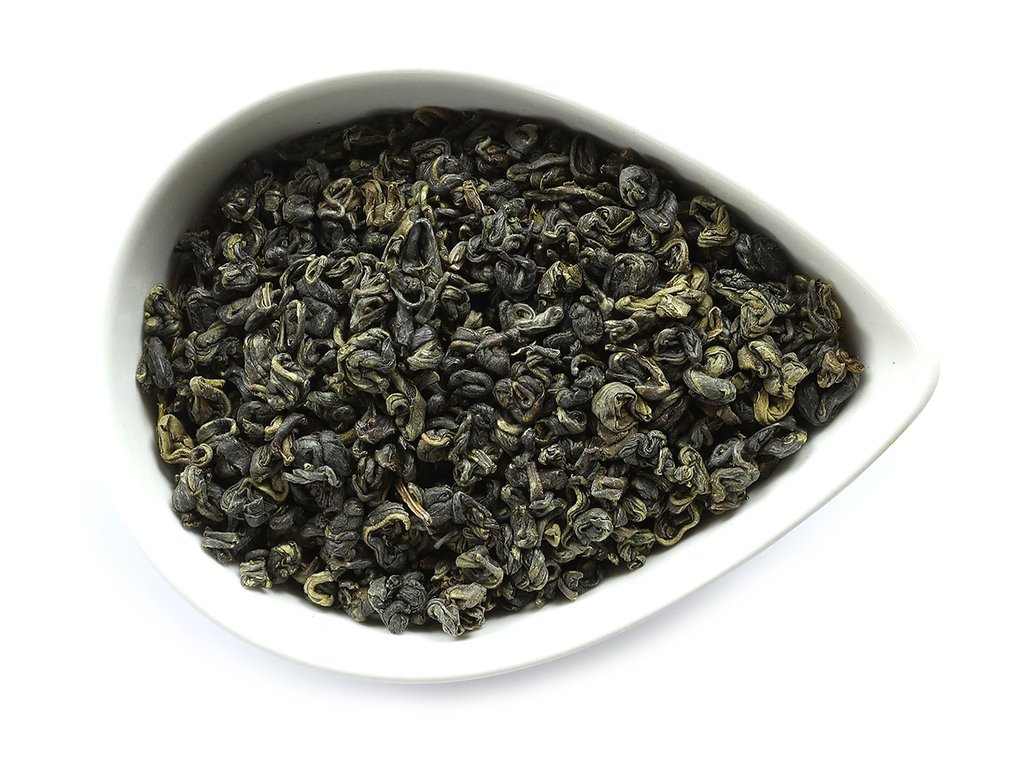
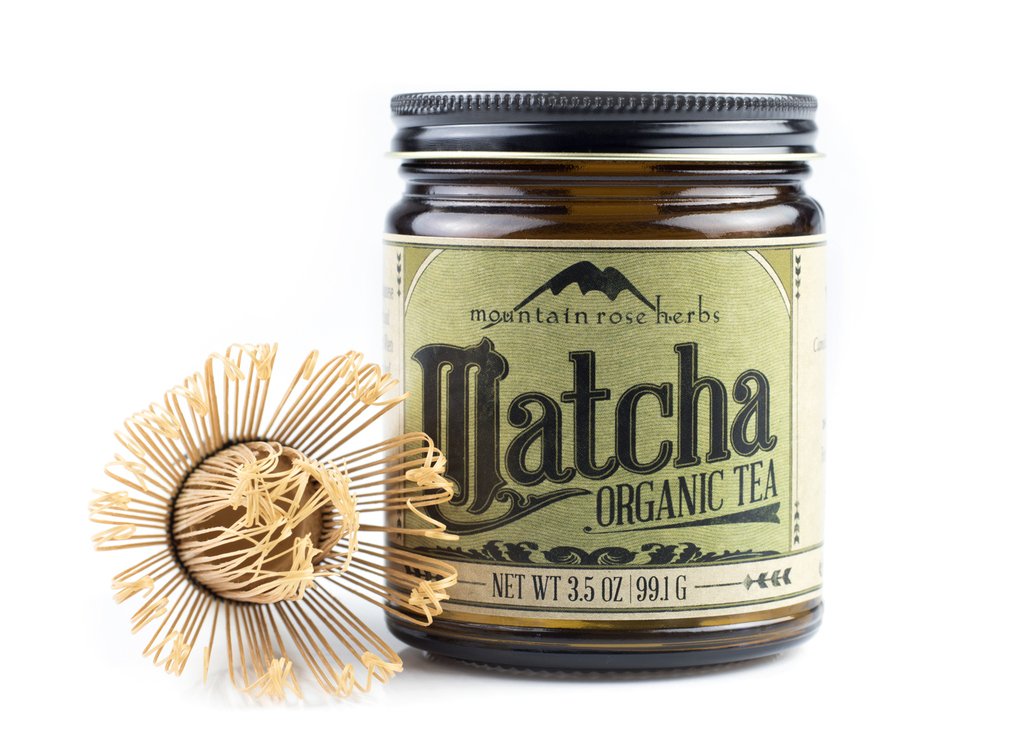
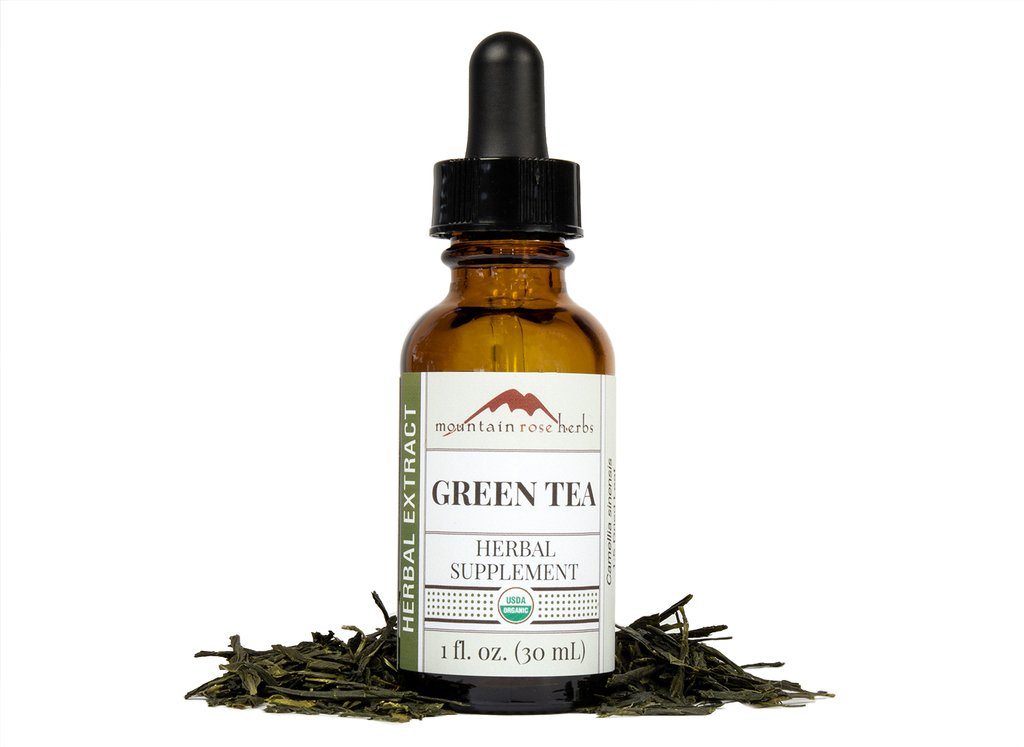
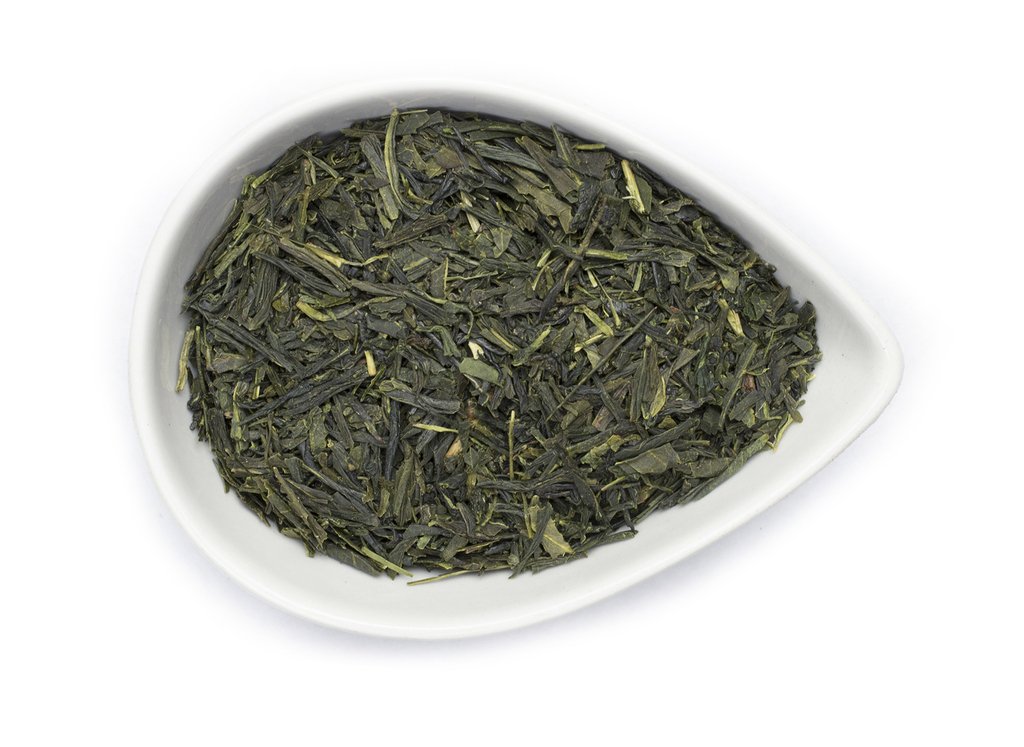

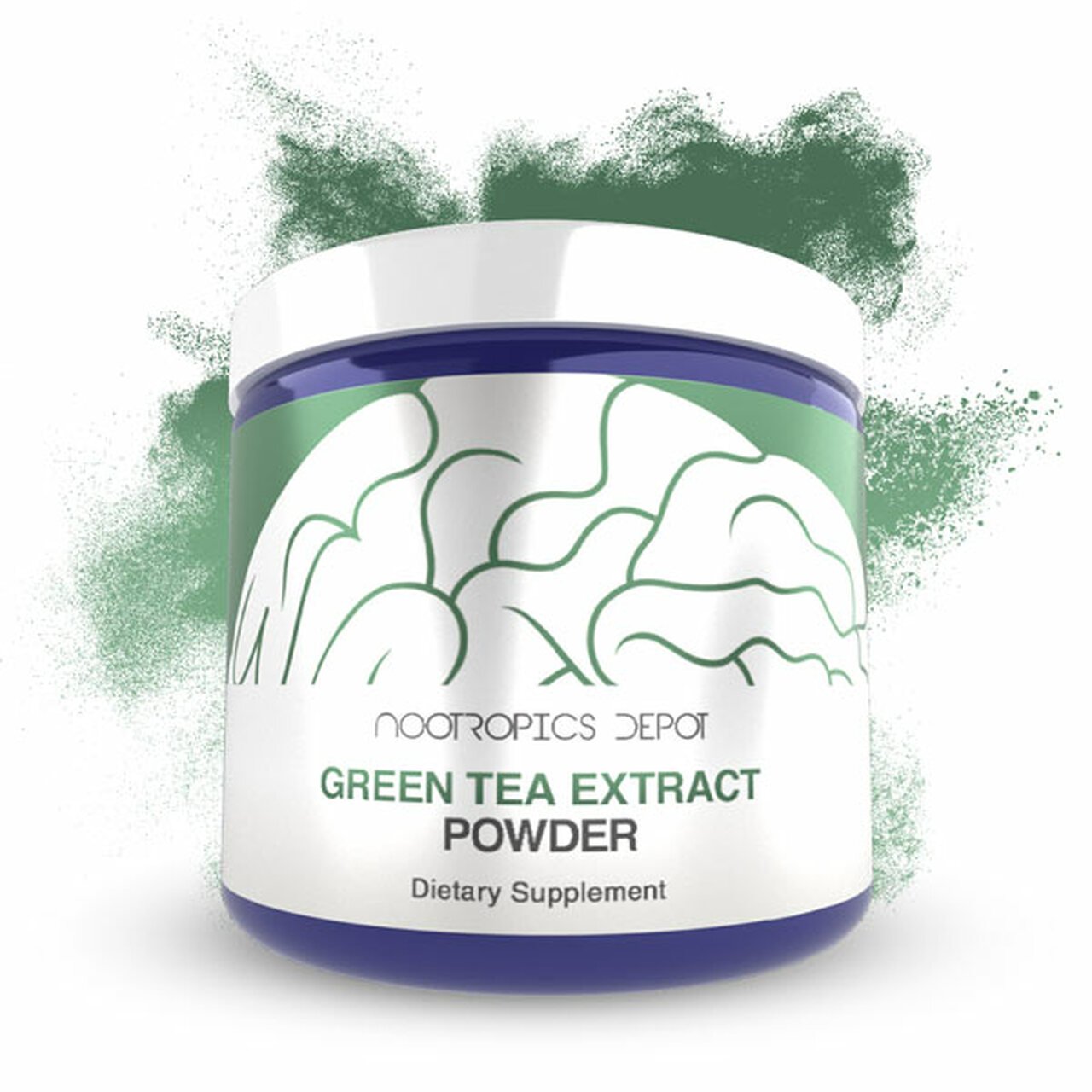

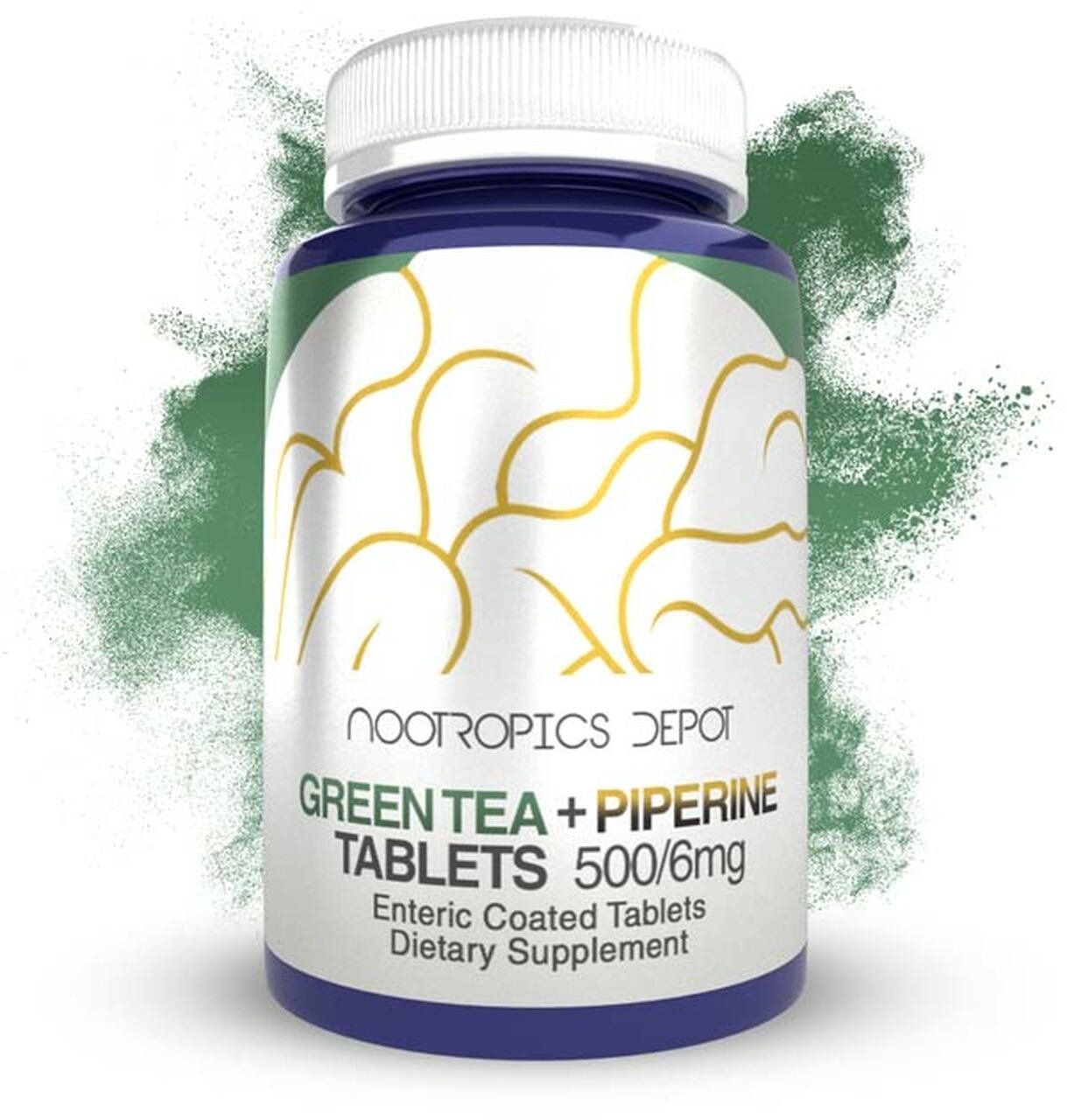
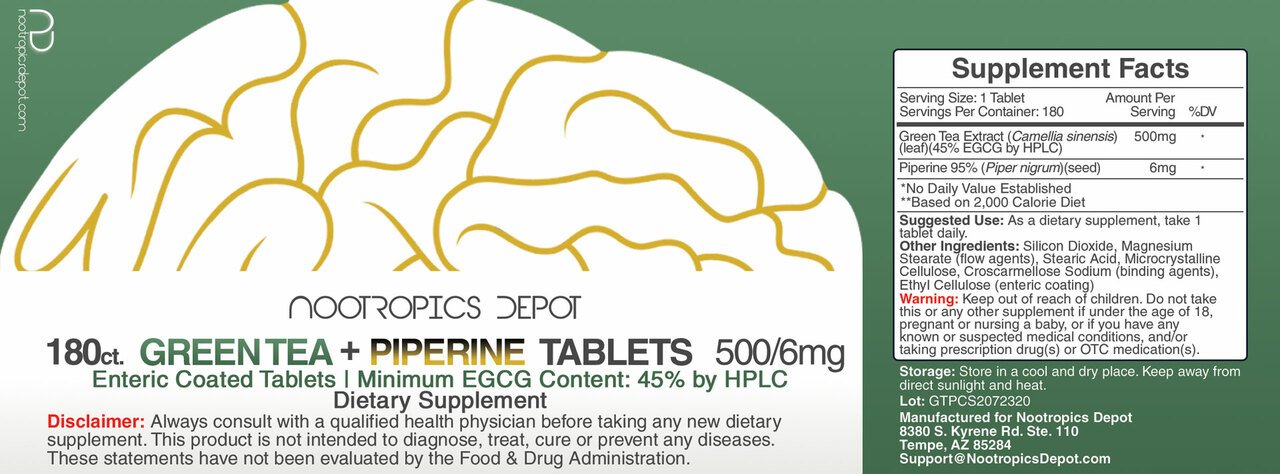




Tongkat ali is a potent testosterone booster through its interactions with SHBG and aromatase. Tongkat ali is also a cognitive enhancer, has anti-cancer properties, and has shown promise as an herbal supplement for athletic enhancement. Tongkat is popular for its aphrodisiac and libido enhancing effects which can help with sexual dysfunction and infertility. Learn more about Eurycoma longifolia.